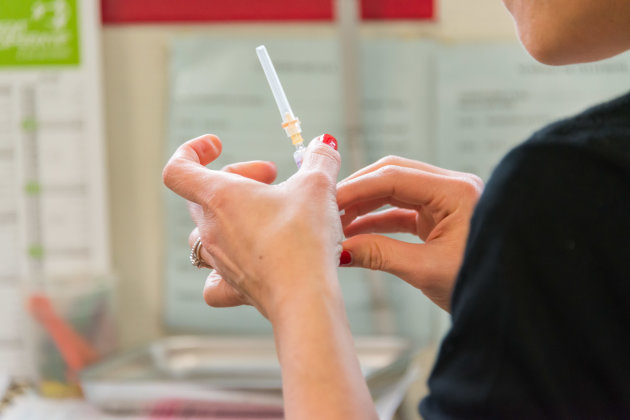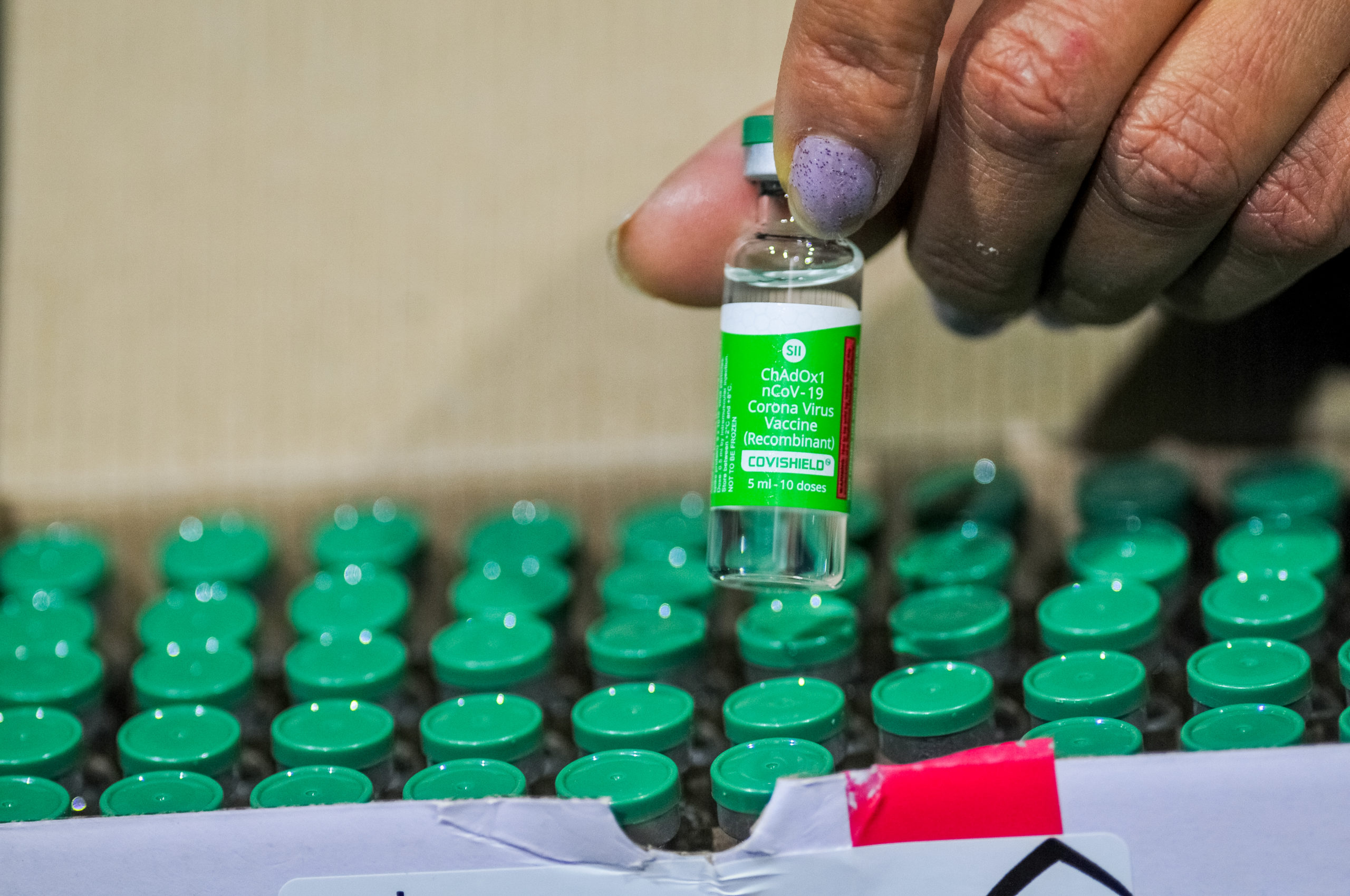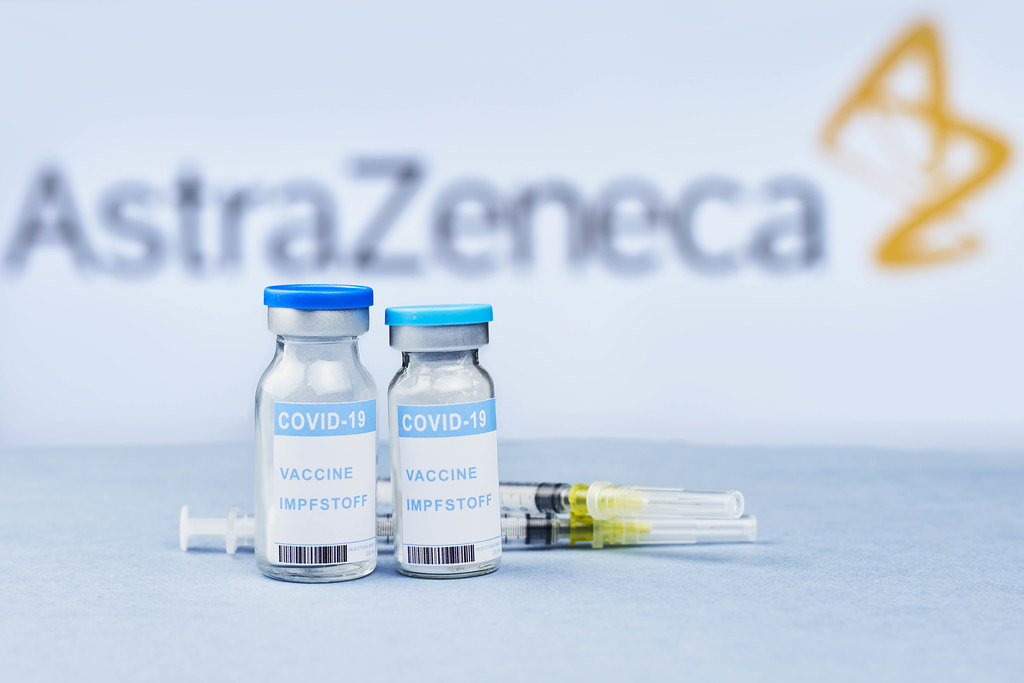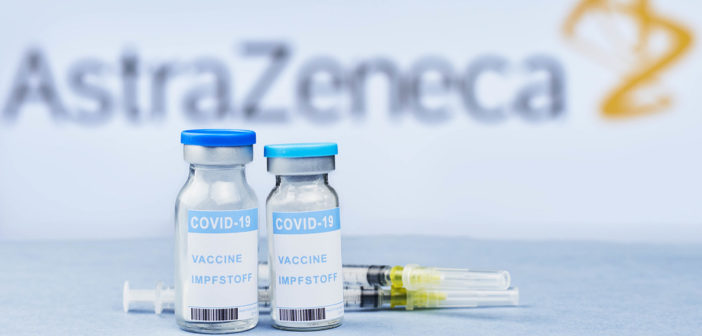By: Tayhana Taylor, World News Editor
The AstraZeneca COVID-19 vaccine was created by researchers from Oxford University, yet people are still wondering how this vaccine works, and what is it made of?
The AstraZeneca vaccine uses adenovirus-vectored technology, which is a harmless, altered version of a common cold virus that typically spreads among chimpanzees. This modified virus cannot cause people to become ill, it carries a gene from the novel coronavirus spike protein, the portion of the virus that triggers an immune response. This enables the vaccinated person’s immune systems to create antibodies that work against COVID-19, teaching their body how to react if they become infected. Over the past month, this vaccine has expanded to non-European countries in other continents like Asia and Africa, but not the U.S. The AstraZeneca vaccine is more cost-effective than the Moderna and Pfizer vaccines.

The vaccine recently got approval from the World Health Organization (WHO). This organization is a distinct agency of the United Nations with a broad mandate to act as a coordinating authority on international health issues. The WHO has 194 member states globally and has been helping coordinate the worldwide response to COVID-19. WHO ensures to enforce strict international regulations and cautious measures to make certain vaccines are safe and efficient. The health experts at WHO conduct ongoing monitoring to make sure that vaccines continue to be safe. All adverse side effects of a WHO approved vaccine are evaluated by special group of experts from the Global Advisory Committee on Vaccine Safety.
The AstraZeneca vaccine was being used in over 70 countries globally, yet, on March 15, 2021, a multitude of European countries suspended the use of the vaccine because of several reports that recipients of the vaccine reported having blood clots.
Germany, Spain, Italy, Denmark, Portugal, Slovenia, and France were amongst the group of countries that promptly paused vaccination. These reports caused major setbacks in the European Union’s vaccination drive, which has already undergone interruptions due to shortages and other obstacles.

Germany’s Federal Minister of Health, Jens Spahn, acknowledged that the decision to deter AstraZeneca shots was taken on the suggestion of the country’s vaccine regulator, the Paul Ehrlich Institute. There have been further investigations into approximately seven cases of clots in the brains of those who had been vaccinated. Likewise, the Heads of States from other countries where the vaccine was being administered quickly followed the same protocols as Germany and put a temporary halt on vaccination.
Despite the accusations of blood clots being correlated with the vaccine; AstraZeneca claims that there is no relationship or proof that the vaccine was causing vaccinated persons to have blood clots. According to an article from the Associated Press, “The World Health Organization and the EU’s European Medicines Agency (EMA) have also said that the data does not suggest the vaccine caused the clots and that they are encouraging people to continue getting vaccinated.”
After this accusation was debunked and the EMA declared that the AstraZeneca vaccine was safe, effective, many European countries including Germany, Italy, and France restarted vaccine distribution. Dr. Giovanni Rezza, the Head of Prevention at the Italian Health Ministry said, “It’s clear that the revocation of the suspension is for us a great relief because we have to strongly accelerate the vaccination campaign.”

It has been reported that Italy needs to more than 400,000 vaccinations per day to reach its goal of inoculating 80% of the population by September 2021.
The EMA’s director, Emer Cooke said: “About 7 million people have now been vaccinated in the EU with the AstraZeneca vaccine, and 11 million in the UK […] I want to reiterate that our scientific position is that this vaccine is a safe and effective option to protect citizens against Covid-19 [sic].”
The AstraZeneca vaccine is not being administered in the U.S., leaving many Americans confused. The answer is simpler than people may think: AstraZeneca has yet to file a vaccination approval application in the United States. Results that came from AstraZeneca vaccine clinical trials in Brazil and the United Kingdom were allegedly “confusing”, and as a result, there were questions about the vaccine’s dosage and effectiveness rate in people who are 65 and older in age. Overall, the U.S. Food and Drug Association (FDA) strictly does not accept results from trials completed in countries outside of the United States.





